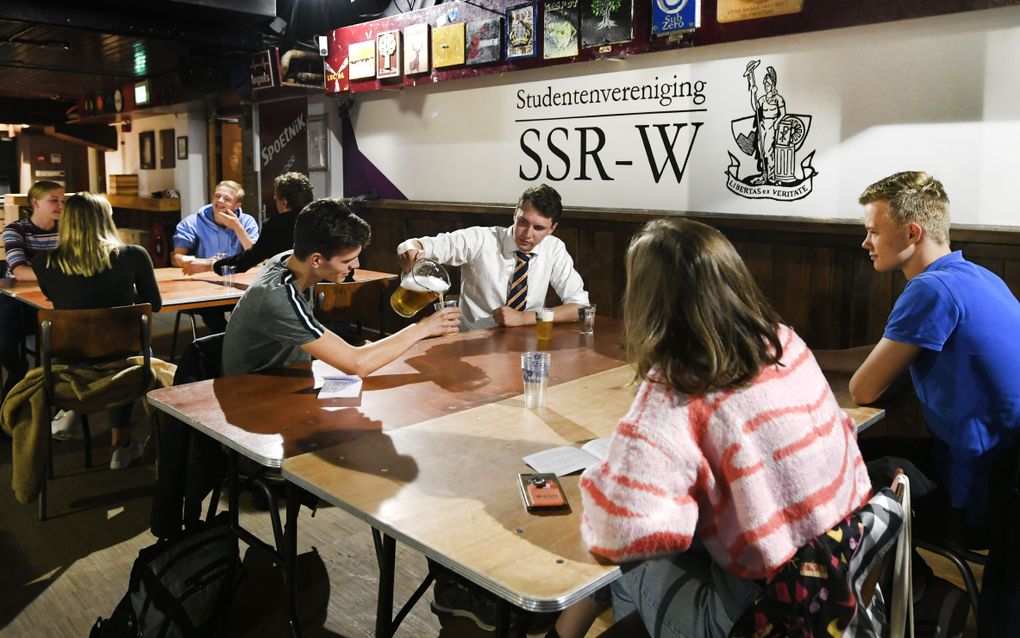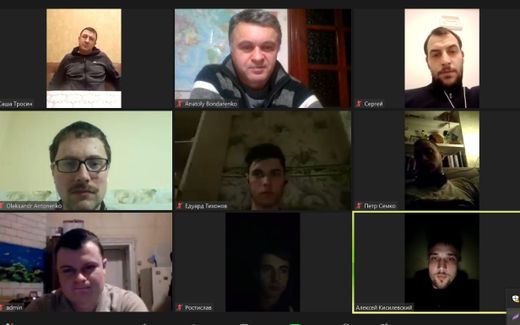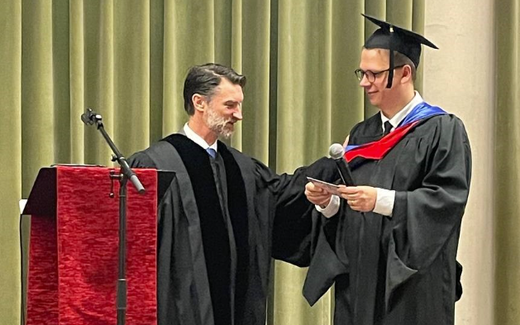Student associations close eyes to sexual misconduct

Photo ANP, Piroschka van de Wouw
Western Europe
Student clubs in the Netherlands take little or no action against sexual misconduct.
That is shown by new research by research journalists from the Dutch news agency Pointer. Of the 96 student clubs that were examined, one in five does not have a confidant for victims of sexual abuse. More than half of them do not mention sexual misbehaviour in their statutes.
Several research respondents say that they did not realise the policies were insufficient until an incident occurred. One of them wrote to Pointer: "Our regulations and statutes were not made to deal correctly with situations like this. Therefore, new policies were made."
According to Amnesty International, at least 11 per cent of female and 1 per cent of male students are raped during their study time. A third of female students are sexually assaulted during their time as a student.
Responsibility
Victim Martine, whose name is anonymised, says her attacker waved away her worries. "He said, this is what I am going to do, and I don't care about what you think." She asked the board of the student association for help. However, board members did not deal with this type of incident and found it difficult to solve the problem. As a result, the story was spread among members, and the perpetrator got support, while Martine was said to be a liar. Even after the attacker was convicted of sexual assault, he remained part of the student union.
At the same time, Pointer notes that more and more associations are looking for ways to deal with sexual misconduct. At the same time, several voices argue that educational institutions should take more responsibility to combat this form of misbehaviour. Julienne Beijer from Sexmatters, an organisation that offers training for student unions, says that, at the moment, young adults are responsible for dealing correctly with this, even when they have no training or schooling in this area.
According to researcher Marijke Naezer, it is problematic that many of the measures against sexual abuse are still voluntary. "It is unbelievable when you look at how big the problem is. The result is that people who need the measures most are not involved. People who are most likely to misbehave will never attend such a course."
Related Articles






